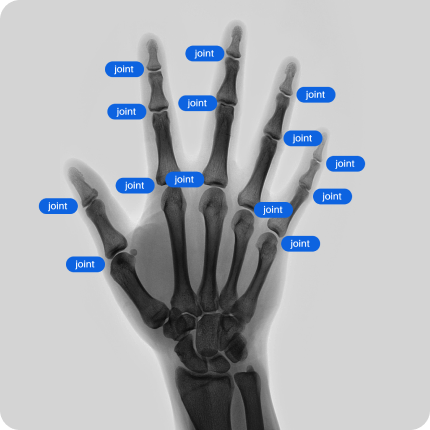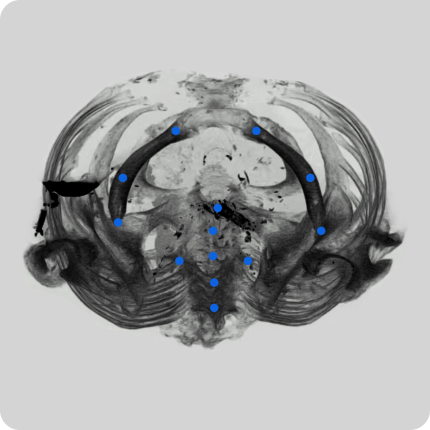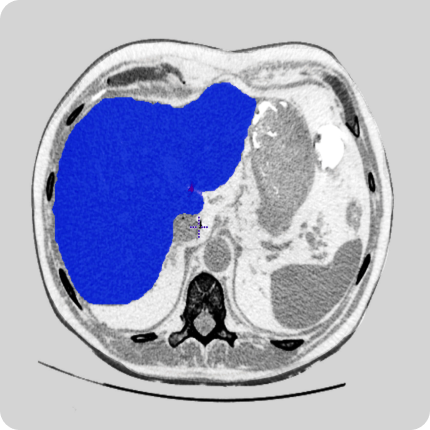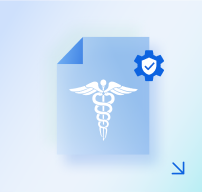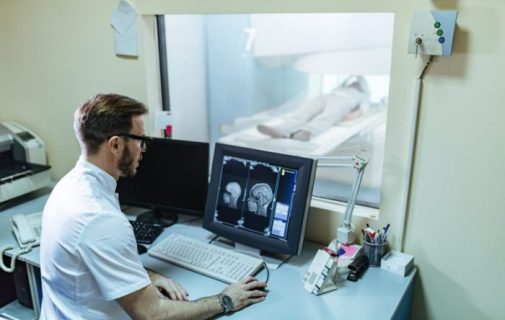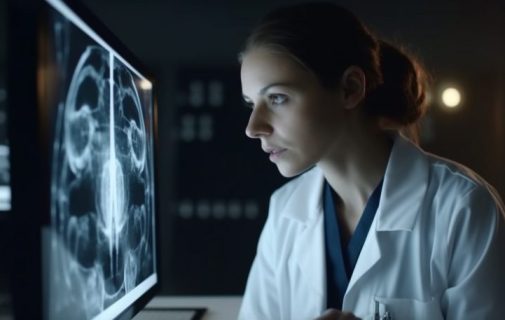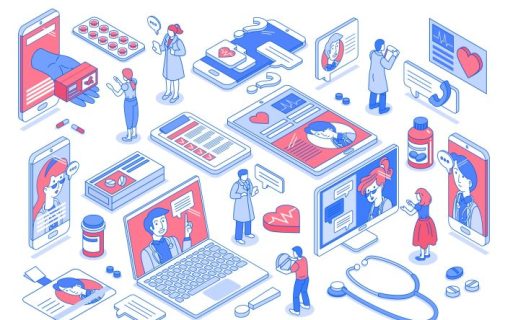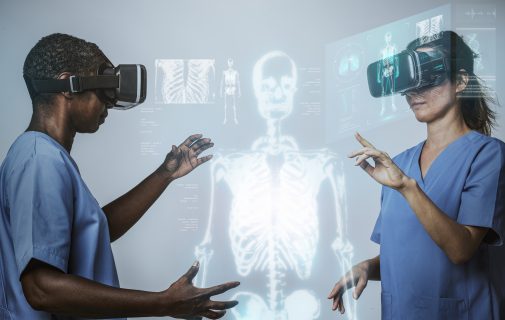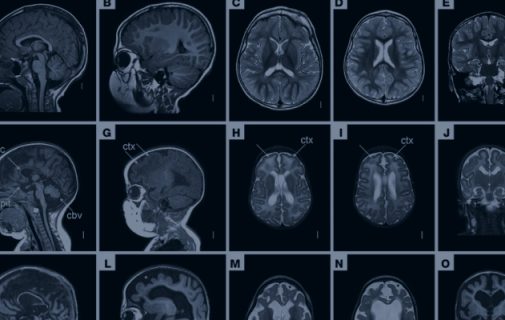
In order to guarantee the proper anonymization of personal health information (PHI) within collected video data, which may include personnel and patients’ faces, reflections, tattoos, birthmarks, as well as screens, nametags, or any other identifying elements, it is crucial to establish a robust video anonymization procedure. Such a process ensures compliance with the regulatory standards set forth by European and US authorities.
The Rise of Video Data in Healthcare
Advancements in medical imaging, telemedicine, and surgical procedures have led to an increased reliance on video data in healthcare. From surgeries and diagnostic procedures to patient monitoring, videos play a pivotal role in enhancing medical understanding, training healthcare professionals, and improving patient outcomes.
Patient Privacy Concerns
As the healthcare industry embraces the benefits of video data, it simultaneously grapples with the challenge of protecting patient privacy. Medical videos often capture identifiable information, such as facial features, body markings, and other distinctive characteristics. Unauthorized access or sharing of these videos poses a significant risk to patient confidentiality and can result in legal and ethical consequences.
Video Anonymization Explained
Video anonymization involves the modification of visual content to remove or obscure identifiable information while retaining the medical relevance of the footage. This process typically includes techniques like blurring faces, encrypting data, and anonymizing audio to ensure that patient identities remain protected.
Legal and Ethical Compliance
Stringent privacy laws, such as the Health Insurance Portability and Accountability Act (HIPAA) in the United States, mandate the protection of patient information. Video anonymization is essential for healthcare organizations to comply with these regulations, avoiding hefty fines and legal repercussions. Beyond legal requirements, maintaining patient trust is crucial for the healthcare sector, and robust privacy measures contribute significantly to building and preserving that trust.
Facilitating Research and Development of AI-assisted Software
Video data is instrumental in medical research, education, and training. Anonymizing this data ensures that researchers can access valuable information without compromising patient privacy. Medical professionals can use anonymized videos for training purposes, allowing them to hone their skills without exposing patient identities, or for using this data to develop AI-assisted software.
Technological Advancements in Video Anonymization
As technology evolves, so do the methods for video anonymization. Artificial intelligence and machine learning algorithms are increasingly being employed to automate the anonymization process, making it more efficient and accurate. These advancements not only enhance the protection of patient privacy but also streamline the integration of video data into healthcare workflows.
At medDARE, we’ve created a video anonymization tool designed to automatically identify faces of both patients and personnel, even those wearing masks or lying on a bed. This software goes beyond facial recognition by blurring all screens captured in the video. Users have the flexibility to choose between blur or blackening for the anonymization process. To ensure thorough anonymization, we’ve integrated a quality control process that verifies every frame, ensuring none are overlooked or left without proper anonymization.
If you’re looking for a video anonymization tool to preserve the anonymity of your patients and personnel, contact us at contact@meddare.com

